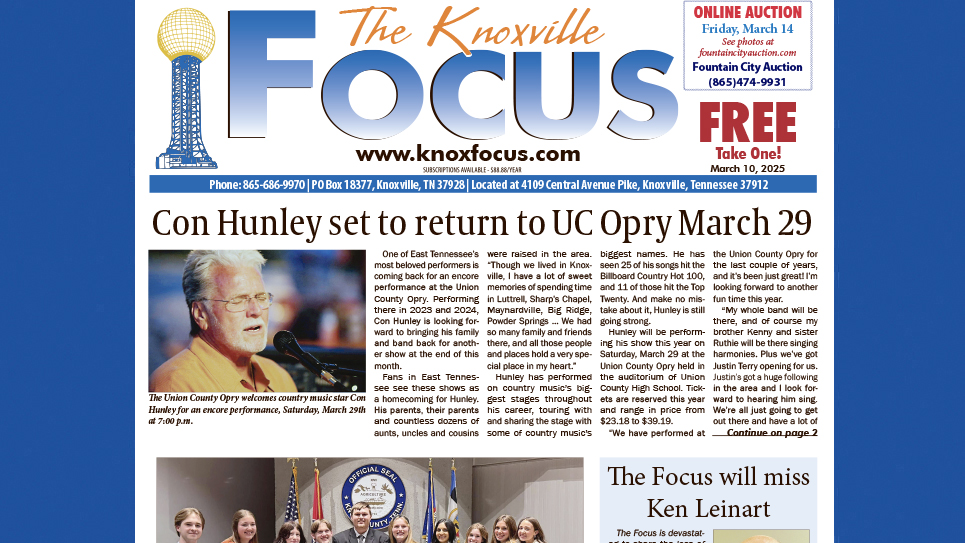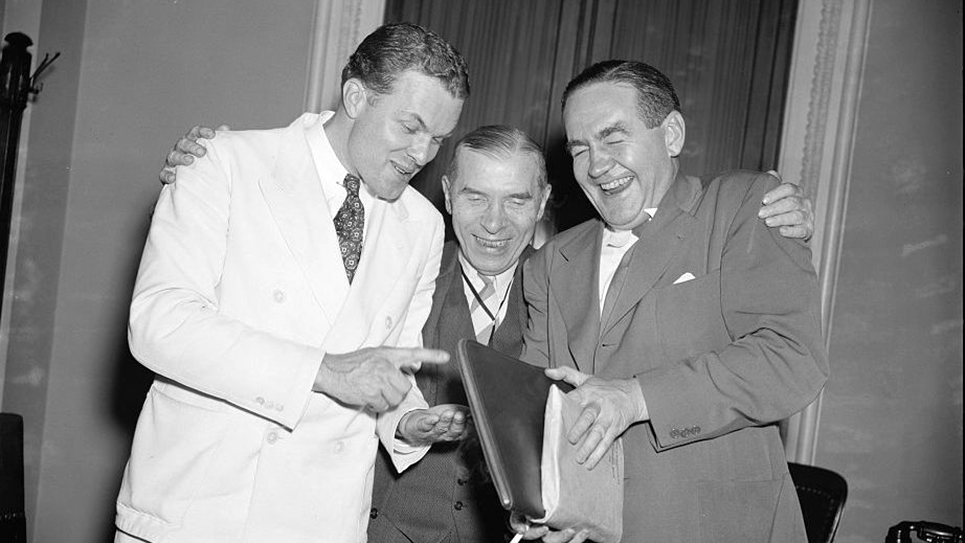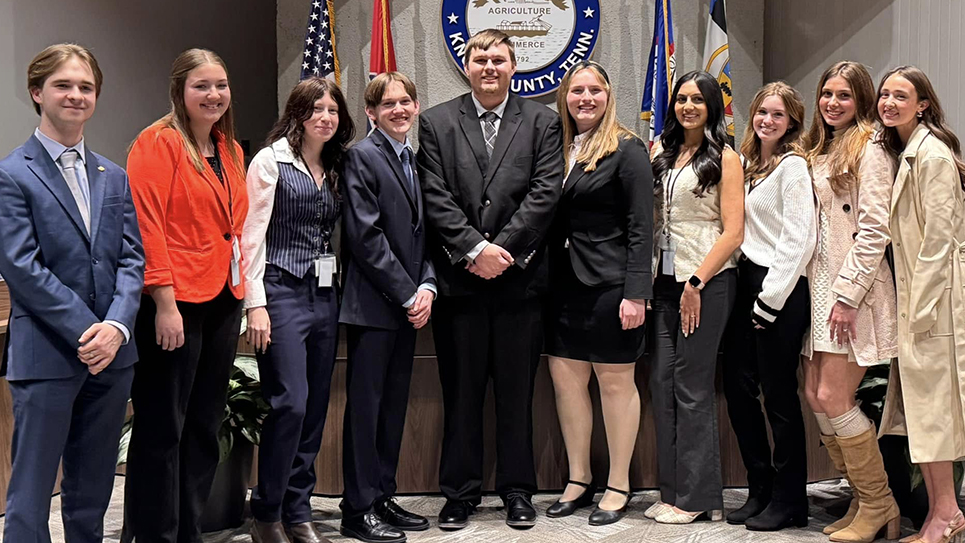By Mike Steely
What in the world does the Kroger store on North Broadway in Fountain City have to do with an old coal town on the Tennessee-Kentucky state line?
The connection goes back to what was on the lot where Kroger now stands. Originally there was a mansion there built by Col. J.C. Woodward. The grand old home was eventually bought by Thomas Pruden, who lived there from 1909 to 1917. The estate was owned by the J. C. Williams family until 1980 when it was demolished to hold a Target store. The Kroger store now stands on the lot.
But what does it have to do with a now almost empty coal mining town?
Thomas Pruden was superintendent of the Fork Ridge Coal and Coke Company. In 1904 he founded Pruden Coal and Coke Company in Claiborne County near the Kentucky border. A member of the First Methodist Church of Fountain City and a 3rd Degree Mason, Pruden became successful.
Pruden, Tennessee became a thriving coal town with not only the coal mines but houses for workers, a store, theatre, church and even a baseball team. Sadly the Pruden coal town, like the man’s mansion in Knoxville, is mostly gone now.
Pruden was one of dozens of booming coal company-owned communities that developed around the mines. The companies controlled almost every aspect of a coal miner family life. Pruden built a school, church and homes for the miner families. Each Christmas he gave them one-month’s salary as a bonus. His coal town never suffered a miner’s strike.
The drive to Pruden will take you through many other once-thriving coal towns. If you take Highway 25W at the Caryville exit off I-75 you enter coal country and pass through the coal commerce driven places like Jacksboro and LaFollette. Before you reach Jellico, the hub of the coal industry back then, turn right on Highway 90 and pass by Morley, White Oak, Tackett Creek, Anthras, Eagan, Clairfield, Valley Creek and final to Pruden. The former coal town straddles the Tennessee-Kentucky border and there are pieces of the previous community left to see.
As a small child I spent several weeks with my uncle and aunt in Morley. That was in the early 1950s when the mine there was still operating. They lived in a hillside miner’s cabin rented from the coal company there. I remember him coming home in the mornings covered with coal dust and washing off outside at the water pump. Living was hard then and my aunt raised four children on miners pay – scrip they had to spend at the company store. Between the rent, food and necessary items they seldom had any money to spare.
The same was true for most of the other coal camps, or towns with the possible exception of Pruden.






